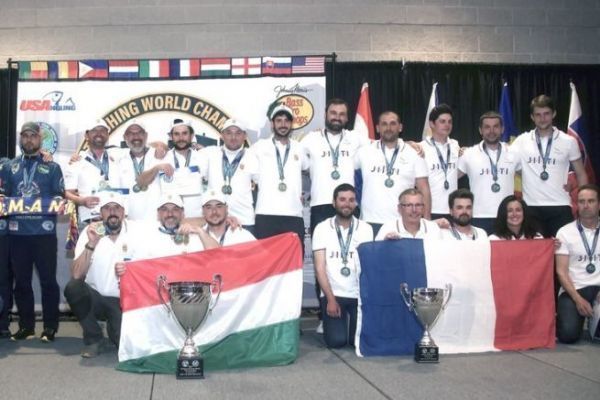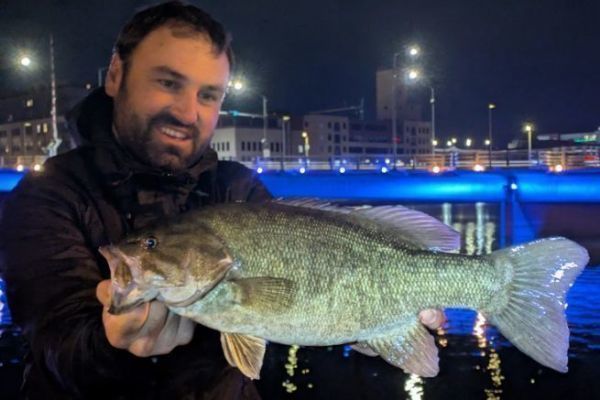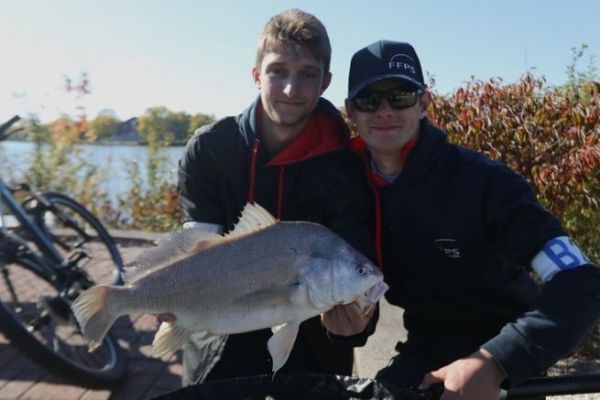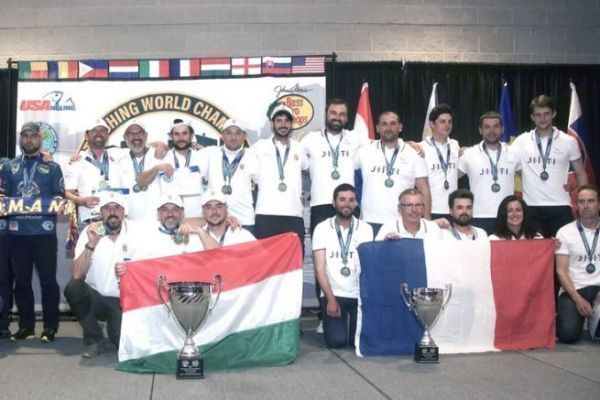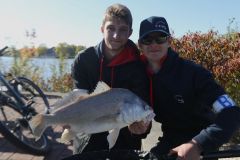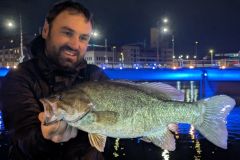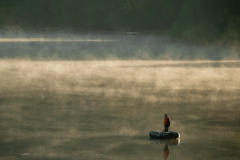France's bronze medal team!
After a suspenseful second and final run, the French team won the bronze medal for each nation.
Jeremy SEGUIN and Tom BONTEMPELLI finished third in the second heat, with 5 and 3 points respectively, to finish seventh overall as individuals.
At the top of the nations' ranking is Hungary, closely followed by Romania. These two nations outclassed this world championship thanks in particular to their mastery of walleye fishing.
France is tied for third with the UK, but remains in third place thanks to a better centimetre total and more catches.
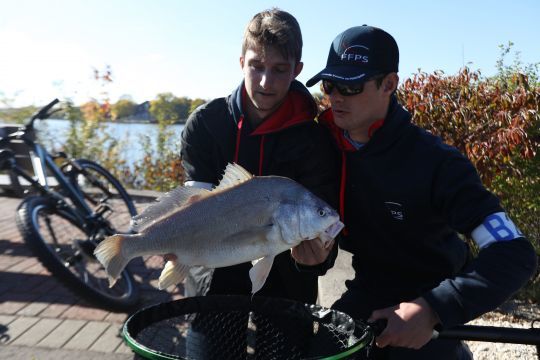
Above all, we had to avoid the "hole" to reach the podium, and France did just that. Some nations had good results, but were less consistent and missed at least one round completely. We're thinking in particular of the Dutch or the Americans, who were quite good but missed one of their runs, which cost them dearly.
In the end, 108 meshed fish were caught in all categories for 18 duos over two legs. Sector A yielded more than sector B, where the vast majority of fish were baited on the canal. The results were very positive, and the fishing was much less difficult than in Italy in 2024.
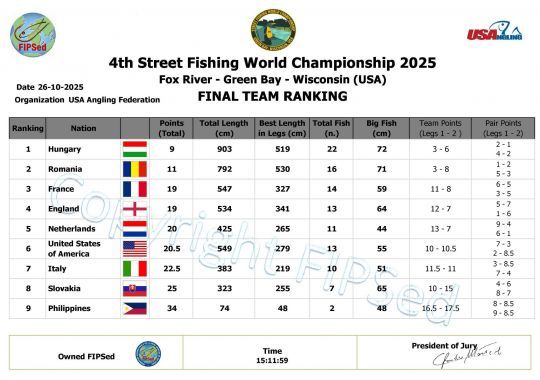
Jeremy and Tom's words
What were the team's strengths, and what enabled us to win a bronze medal?
The strong point of our team was the complementary nature of our techniques, with me using more of a scraper and Jeremy fishing more dynamically.
Another strong point is trust in others and mental strength. The fact of bouncing back and adapting according to the evolution of the initial plan without "burying" ourselves in a bad strategy or a strategy that's running out of steam. We know how to listen to each other and follow each other's instincts with reactivity so as never to suffer.
How did you approach the World Championship?
We approached this world championship with some apprehension about the fish species, most of which were unknown to us. However, during the week of scouting for the part of the team that had arrived earlier, we were reassured that, despite the new species, our "usual" street fishing techniques seemed to be working (ligth texas, blades, micro jig...).
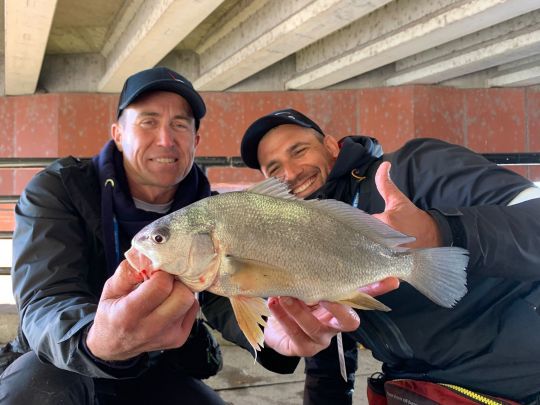
Finally, smallmouth bass were fished in the same way as we fish for perch, but targeting the first 20 cm of edges whenever there was an irregularity along the pebble edges (piece of wood, pebbles larger than the others or a little out of line), a style of fishing that I know well and am particularly fond of on our French black bass.
The team's strong points: two-stage prefishing, allowing a strategy on big fish (walleye) and smaller fish (bass, drum, white fish). Our strength is reactivity and a kind of powerfishing, even on "hostile" banks with fine lures. We've adapted our French methods to American waters, just a slower tempo and very close to the bottom to get the lures moving.
We approached this world championship with a certain amount of serenity, as our plan of attack was simple: plan A for pike and plan B for quota with smallies and drum or white bass.
This medal and result is a real achievement for France, following on from last year's victory in Italy. In 2026, the 5th World Street Fishing Championships will be held in the Netherlands.

 /
/ 